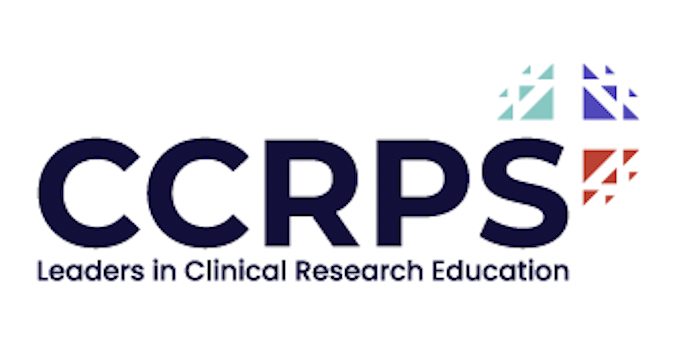Roles And Duties Of A Clinical Trial Coordinator
Roles And Duties Of Clinical Trial Coordinator
A clinical research coordinator or a clinical trial coordinator (CRC) is in charge of managing clinical research at clinical research sites as per the protocol, ICH- GCP, and some other regulatory needs. The function of a study administrator in clinical research is very crucial. All the sites of a clinical trial have one or more study organizers relying on the workload at the research site. The clinical trial coordinator certification is required in such research sites.
The site-level clinical trial can roughly be classified into three stages:
Before starting the clinical trial: In this stage, the study organizer has to collect and finish questionnaires collected from different sponsors and various CROs. Clinical research coordinators also have to collect data from the principal investigator and dispatch them back to the people who had communicated to this site for the study. The sponsors choose locations based on responses submitted in the feasibility questionnaire and finally direct pre-site assortment visits to finalize the plots taking part in the conduct. The sites conducting the research work must have clinical trial coordinator certification to carry on with investigator meetings. These investigator meetings are held at the international level or national level. Before beginning with the trial, the clinical research conductors are usually busy in the submission of various documents to the ethics committee. Besides, subject diaries, investigators CVs, clinical research agreement, signature page of protocol, clinical trial coordinator certification, indemnification letter, insurance certificate, blank CRF's, various study logs, etc. are also required to be submitted. A clinical study organizer plays a vital role in these processes. The site-level can then initiate the clinical trial after getting permission from the ethics committee.
Conduct during the clinical trial: The clinical research conductor must have a good knowledge regarding the study protocol and should have a good idea of exclusion and inclusion criteria by the time clinical research is conducted. The study coordinator needs to have consent informed from the subject represented to do by the Principal Investigators. The study administrators need to collect subject pre-medical records, clinical trial coordinator certification, and according to investigation protocol, the person will have to manage issues programmed visits. Before visiting the item randomly, the clinical research coordinator must check exclusion and inclusion criteria, and after that, the entitled subjects are to be enrolled. After completing all the procedures of the visit, coordinators need to present information in the form of a case report. The clinical study coordinator should keep all relevant data and files up to date. In the next step, the CRC has to calculate the study drug accountability. Interactive web response system (IWRS) and Interactive voice response system (IVRS) are to be conducted to record the subject visit as per study requirements. The investigational product is the most crucial part of a clinical trial, and the study organizer has to reserve the same in the right condition and further maintain the essential temperature logs. Clinical trial coordinator certification is also kept up to record. Coordinators should collect all primary data such as stop and start date, severity, administration route, and consumption of medicine by the subject in case of serious adverse events (SAE’s) or adverse events (AE’s). The study coordinators must look after all central and local lab reports all over the clinical trial and take PI signatures on the news to keep it as a document that the PI reviewed them.
After closing the clinical trial: The study coordinators should check all the documents and clinical trial coordinator certification before closing the clinical trial and there on update all the documents. The Clinical research associate or CRA will review and verify all the materials on the day of closure of the clinical trial. The clinical research coordinator, after that, helps in archiving all the documents at the site, when the verification by CRA is complete. This site further maintains all the study associated records for about 15- 20 years.
So it is clear that the clinical research coordinator plays a crucial role at the site level in running a clinical trial, forming clinical trial coordinator certification, and acts as a connection between EC, investigator site, and the sponsor. All clinical trials have the approval of the present Institutional Review Board. Medical care and decisions are the duty of physicians, dentists, and health care professionals. Every individual working in a clinical trial is certified by experience, training, and education. At CCRPS, we offer both CRC certification and free ICH GCP certification. Check below for our additional articles about CRCs.
Take courses from CCRPS and learn more on how to become a clinical research professional. Explore our Pharmacovigilance Certification to understand drug safety and adverse effects, or our CRA training to delve into clinical research associate roles. Those interested in supporting roles can consider the Clinical Trials Assistant Training. For advanced careers, our Advanced Clinical Research Project Manager Certification and Advanced Principal Investigator Physician Certification provide in-depth knowledge and skills. Also, our Medical Monitor Certification is ideal for those aiming to oversee clinical trials medically.











